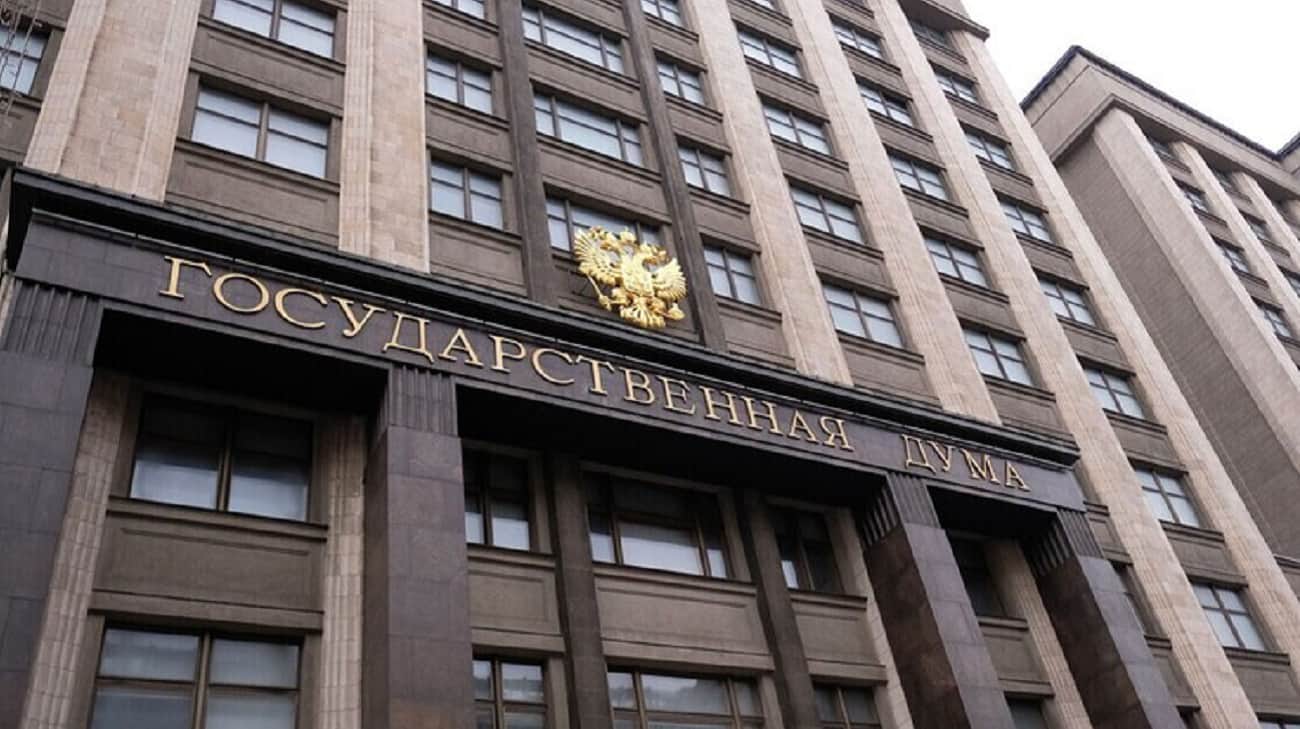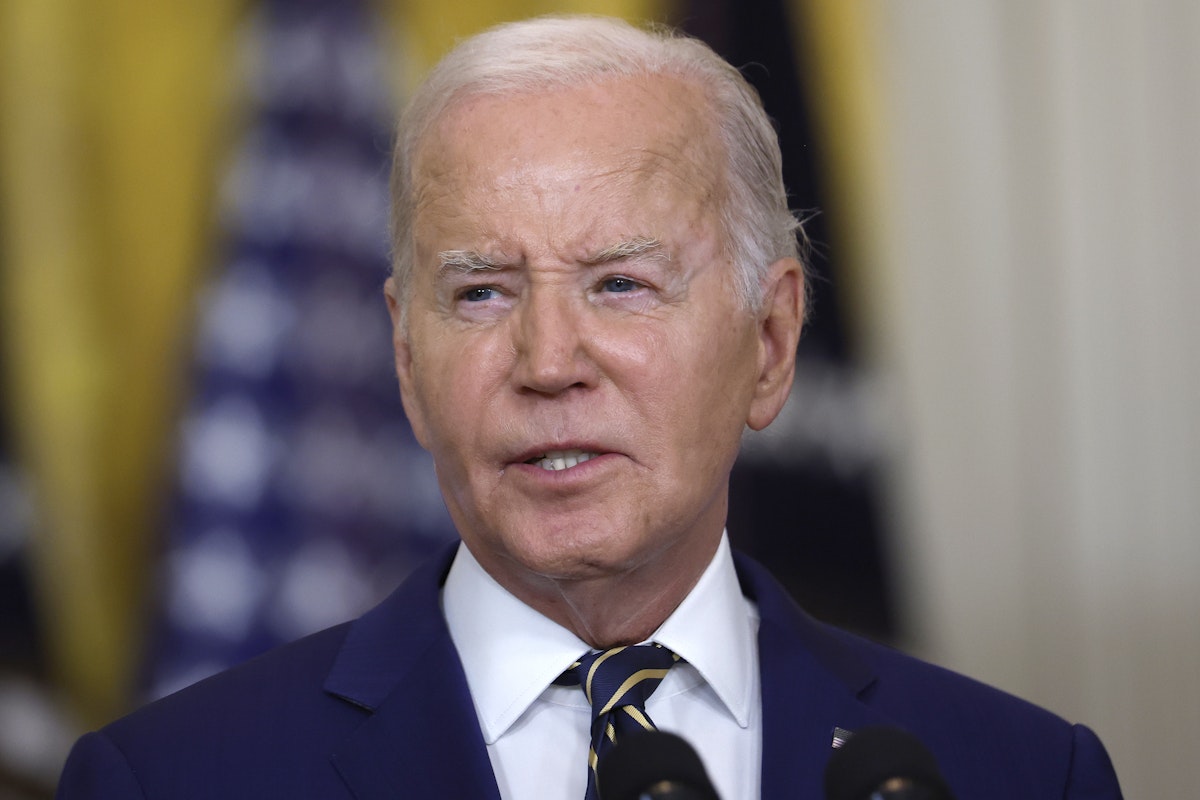University chief says £12,500 fees needed to support higher eduction sector
A London vice-chancellor has suggested universities could need tuition fees of £12,500 to address the sector’s financial woes. Professor Shitij Kapur, the vice-chancellor and president of King’s College London (KCL), has said the “number to ask for” was between £12,000 and £13,000 – but warned institutions risked looking “out of touch” if they requested the [...]


A London vice-chancellor has suggested universities could need tuition fees of £12,500 to address the sector’s financial woes.
Professor Shitij Kapur, the vice-chancellor and president of King’s College London (KCL), has said the “number to ask for” was between £12,000 and £13,000 – but warned institutions risked looking “out of touch” if they requested the price hike from the government.
Tuition fees are currently capped at £9,250, having been frozen at that level since 2017. The cost previously rose to £9,000 in 2012.
Prof Kapur added: “You go back to 2015/2016 and if you take that as the anchor evidence break-even amount and progress it to today it’s between £12,000 and £13,000 depending upon your assumptions.”
Speaking to hundreds of vice-chancellors at the Universities UK (UUK) annual conference in Reading, he said: “We felt that a reasonable place to anchor the domestic undergraduate fees is a time when British universities could teach undergraduates with research-informed teaching… without being in deficit, without recourse to international student subsidy.”
It comes as UUK is set to publish its blueprint in the next few weeks which will set out proposals for a “reset” of the university sector, as higher education bosses have warned of growing cashflow fears due to frozen domestic tuition fees and fewer overseas students.
Dame Sally Mapstone, president of UUK, said universities “stand at a fork in the road” and the system could “slide into decline” without investment from the government.
She said: “The most recent data shows a £1.7bn deficit across the UK in teaching alone, with a further £5bn loss in delivering research.”
Education secretary Bridget Phillipson, who spoke to the conference via video, said: “These are complex problems. There are no easy answers or quick fixes… but I do promise that these issues will get the attention and the commitment they deserve.”
Science and Technology Secretary Peter Kyle said: “The war on universities has ended.
“It ended the day that the new Labour government came in and that means that the rhetoric that talks down university is finished.”
The former Conservative universities minister Lord Willetts told the conference now was the time for ministers to take action, adding that “these things do not get easier, they get harder”.
“There is a deal to be done – it needs to be done urgently, and I think that is achievable,” he said.
A spokesperson for UUK said: “2015/16 was the last year the cost of teaching domestic students – through a mixture of tuition fees and direct government grants, known as the unit of resource – was met.
“If investment in teaching had kept up with inflation, funding per student would be in the region of £12,000-£13,000. To be clear, we are not calling for tuition fees to rise to this level.
“In fact, more and more of the burden is falling on graduates, and the UK is increasingly an outlier within the OECD on this.
“Our new research out today shows the significant benefits to the Treasury generated by graduates, and we believe it is time for a rebalancing of responsibility for funding to recognise that.”



